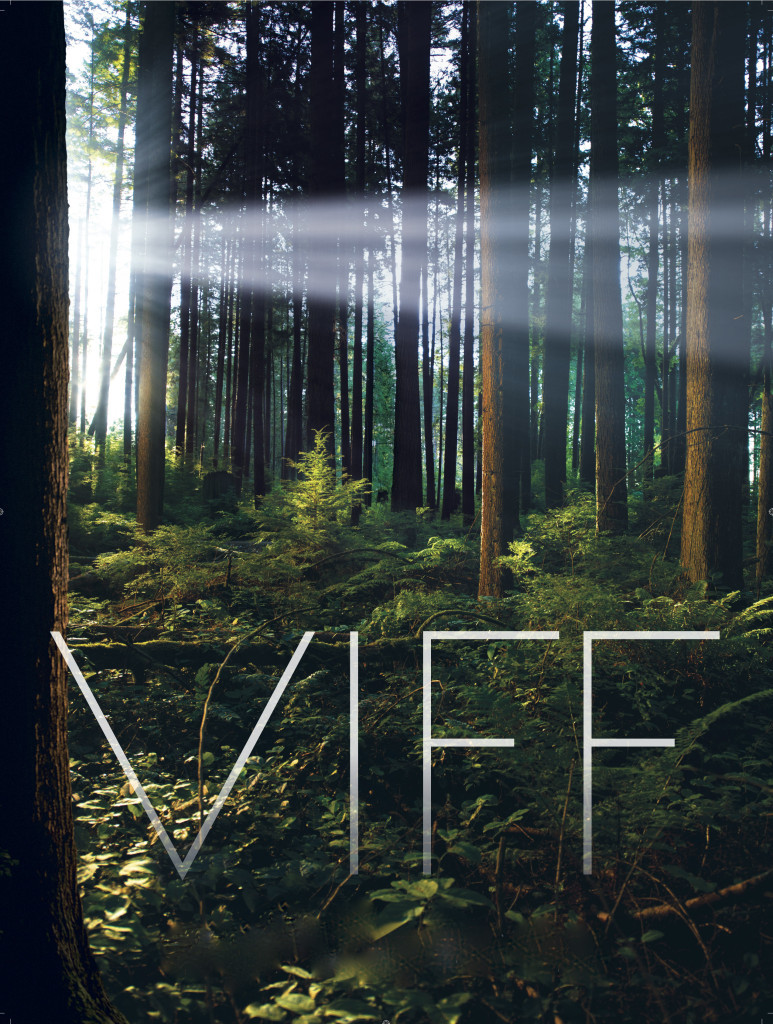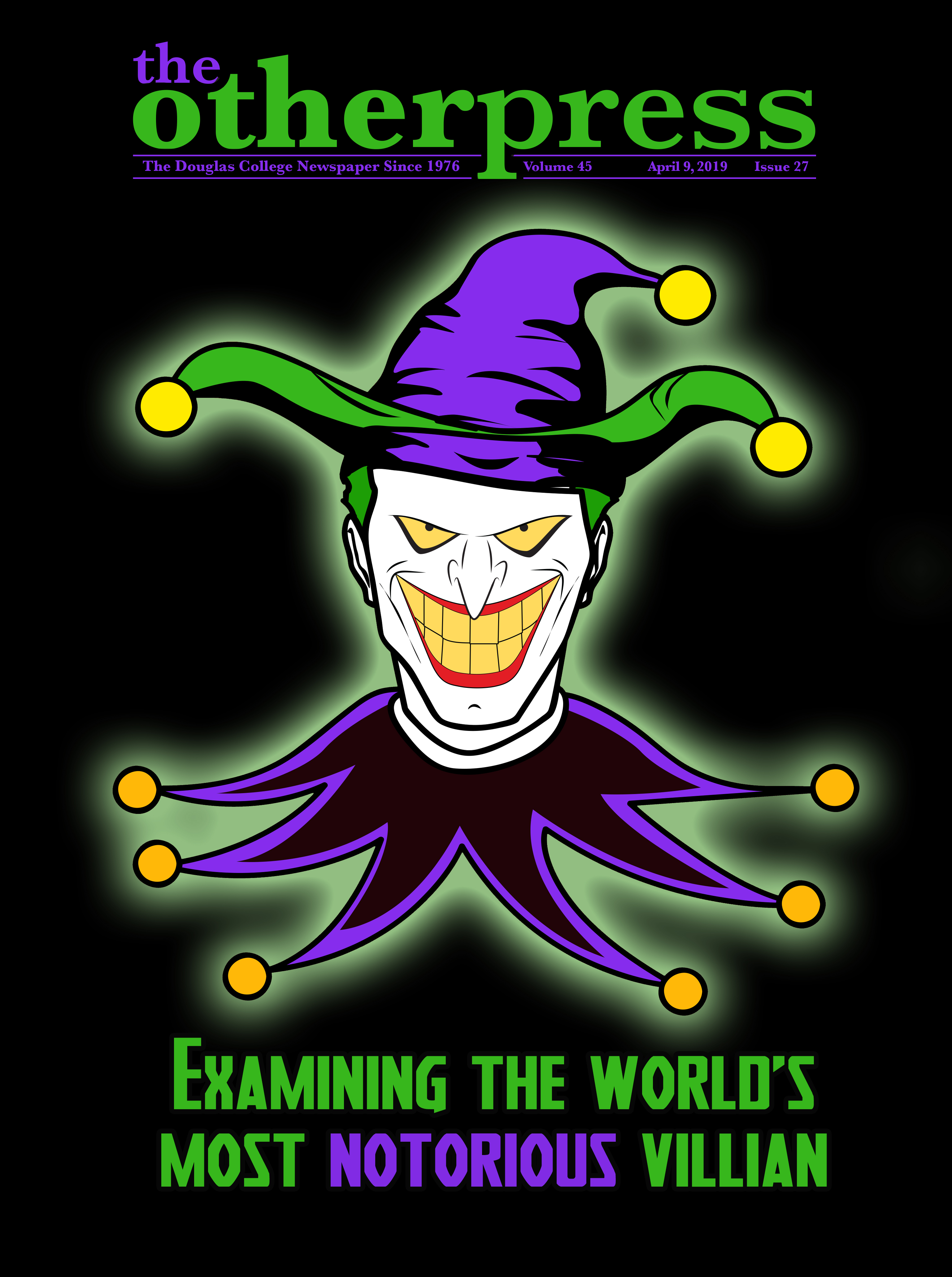Interview on the Canadian film selection
[box]In anticipation for VIFF, I got to speak to Canadian Images Associate Programmer Stephanie Damgaard. With the festival maintaining such an overwhelming focus on international films, Damgaard took the time to give us her insight on this year’s selection of Canadian-specific works.[/box]
Other Press: I think a good place to start for our readers would be if you could describe yourself a little. What was the road like before VIFF? What was it about film that called out to you?
Damgaard: Before I started working for VIFF, I was an Art History student at UBC, working for an academic journal, and volunteering at an art gallery. I knew I wanted to work in the arts when I graduated, and in an organization where people were passionate about what they were doing. You can’t complain when you get to go to work and watch films!
Every new film, whether it be full-length or short, has something to offer, but were there any Canadian films in particular that stood out to you this year?
A few very different, but definitely must-see films would [include] My Father and the Man in Black, a truly amazing documentary about a son discovering who his father was—and the man he worked for, Johnny Cash—after his father’s death. [Others include] Laurence Anyways, a visually stunning, epic love story by boy-genius director Xavier Dolan, The Carbon Rush, the shocking and fascinating truth about carbon offsetting, and any of the Canadian short film programs—there’s always something to love in amongst a lineup of short films! One short that stood out this year was the award-winning Edmond Was a Donkey (playing in the “Heartbreak” category).
How long does the process of selecting films take, and what, do you feel, should a film offer to make the final cut?
The process takes a couple of very intense months for the Canadian Images department: two programmers and a screening committee of 12. Film viewing can never be entirely objective, so there is a lot of reviewing, note sharing, and discussion that takes place when making selections we think would best suit our program and audience. The films are all selected for different reasons. Sometimes a film has something important to say, or maybe it’s formally stunning, or evokes a feeling. Ultimately, films that are selected must stand out from the crowd (of about 800 submissions) for the right reasons.
What about this year’s VIFF do you feel separates it from your previous years of being involved?
This year it felt like the general tone of documentaries shifted—and in no small part, I think, due to the Occupy movement. We always have a strong contingent of environmental documentary films, but where most docs tend to focus on important issues (like climate change, clean energy, etc.), many of this year’s films focus on larger, sweeping issues. Some great examples of this are Rob Stewart’s new film Revolution (director of 2007’s Sharkwater), or Velcrow Ripper’s Occupy Love—both [of which] I would highly recommend.


